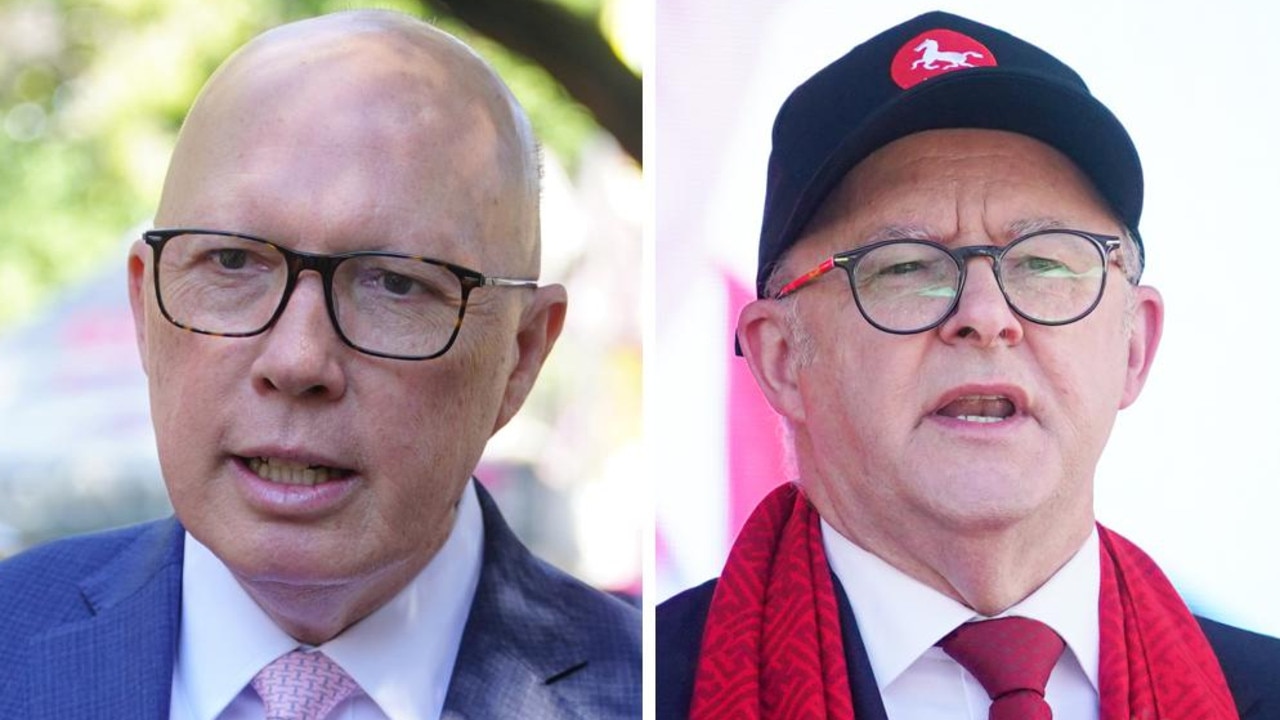Economists fear ‘recession we shouldn’t have to have’ if rates keep rising
Leading economists have warned the Reserve Bank risks plunging Australia into economic strife as it considers a sixth rate rise in as many months.
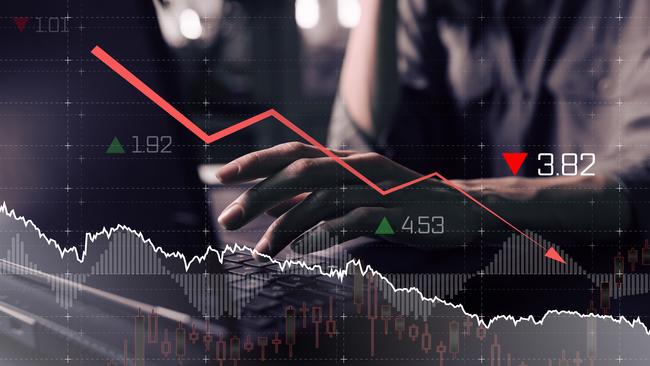
Leading economists have warned the Reserve Bank risks plunging Australia into a “recession we don’t have to have’’ as it this week considers a sixth rate rise in as many months to curb inflation.
The RBA board at its Tuesday meeting is expected to deliver a fifth consecutive rate rise of 0.5 percentage points, which would take the official cash rate to 2.85 per cent from 0.1 per cent in May when the tightening cycle began.
With the official cash rate expected to move above 3 per cent by the end of the year, CBA head of Australian economics Gareth Aird said rising household debt meant mortgage repayments as a proportion of ’ disposable income would hit record highs.
The RBA board meets as rate rise fears have sparked sell offs on world markets, including the New York Stock Exchange’s Dow Jones index, which fell 1.7 per cent on Friday.
Last week the British pound slumped to its weakest in history and the Bank of England was forced to step in and buy government debt to avoid a crisis in the British financial system after the new government announced the biggest tax cuts since the 1980s, alongside billions of pounds in additional cost of living support.
Federal Treasurer Jim Chalmers said the reaction to the British cost of living measures were a “cautionary tale’’ about the need to take a conservative approach in the current inflationary environment as the Albanese government framed the October 25 budget.
“Anybody putting budgets together at the moment is looking at what’s happening in the UK,” Dr Chalmers told Sky News.
“I do consider it a bit of a cautionary tale. If you don’t get the cost-of-living relief right, if you don’t rebuild those fiscal buffers against global turbulence, if you don’t get those things right, there are costs and consequences.
“So it’s not irrelevant to (Finance Minister Katy Gallagher) and I as we finalise the budget to hand down this month.”
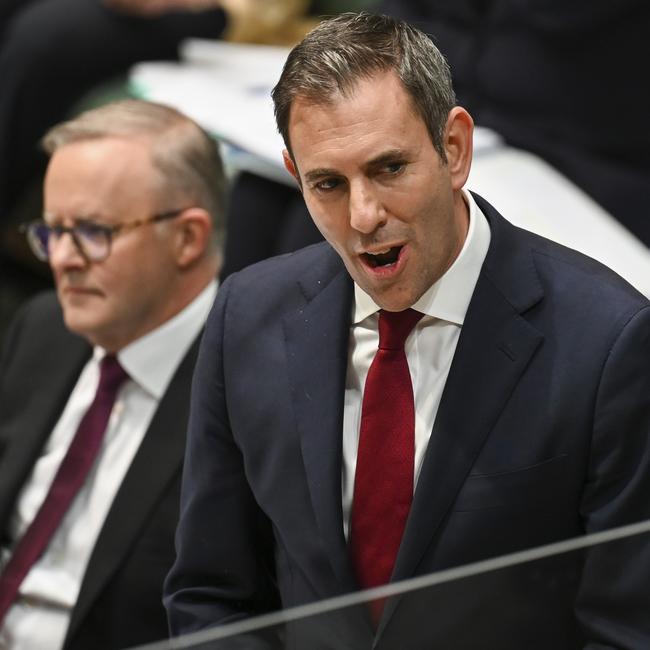
Dr Chalmers offered little hope of additional support for households facing a cost of living crunch, including 10-20 per cent annual increases in the price of essentials such as fuel and food. Rents were also rising at double-digit pace amid record low vacancy rates.
Following last week’s removal of the 22-cent fuel excise discount, the Treasurer warned more “tough decisions” would have to be made in the budget.
AMP Capital chief economist Shane Oliver said the actual hit to household budgets from climbing rates would be much higher than leading into the GFC because of higher principal repayments as a result of record household debt.
“The risk is rising of a policy mistake – central banks around the world seem to be talking themselves into ever higher interest rates,” Dr Oliver said.
He said six months ago the main concern was that the RBA would not move aggressively enough to prevent a 1970s-style inflation outbreak. Now the risk was of a 1990s-style recession brought about by an overly zealous RBA.
“This is the recession we shouldn't have to have,” he said.
Mr Aird said that at a cash rate of 3 per cent, mortgage repayments as a share of household income would reach their highest on record once the increases in borrowing costs flowed through.
“That means you would have very restrictive policy. Everything is conditional on what the RBA does,” he said.
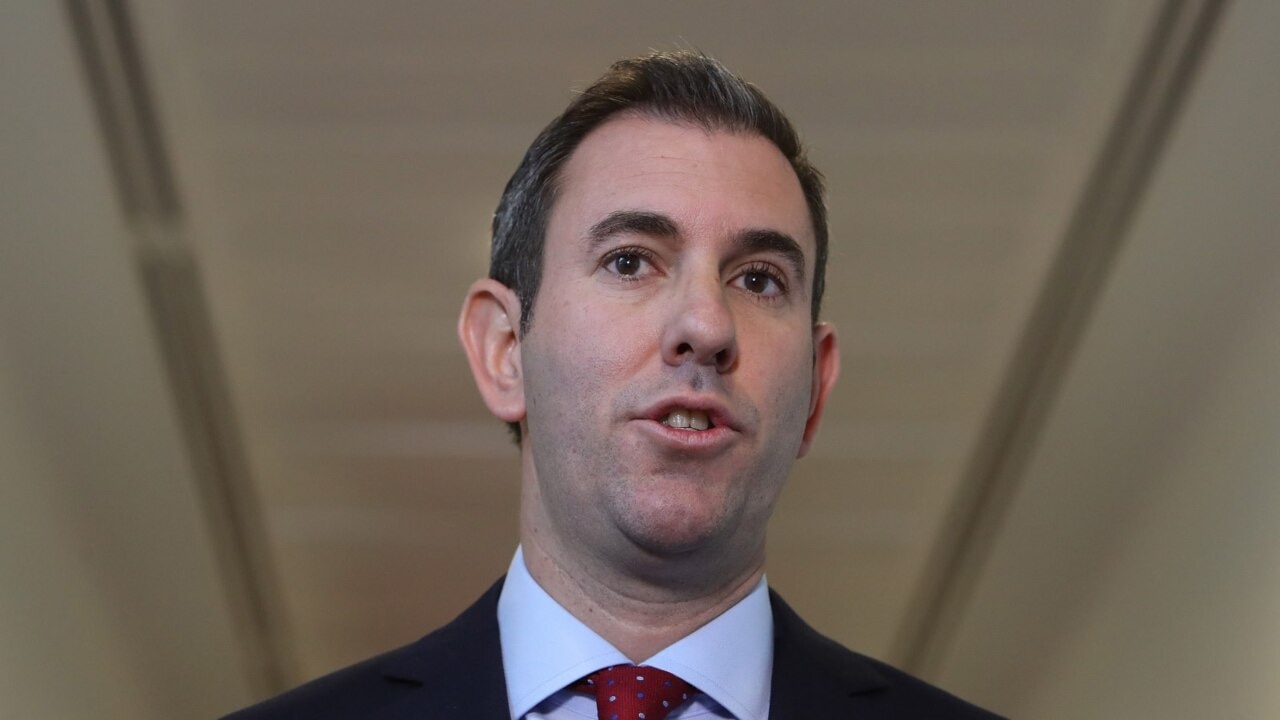
Mr Aird said the policy tightening already delivered would have a “massive” effect on spending and the economy, but that this was yet to be recorded in the data.
“The higher rates go, the bigger the impact on the economy, and there will be a risk that we have a recession,” he said.
Mr Aird and Dr Oliver were among only a few economists who believe rates will rise by only 0.25 percentage points on Tuesday, although both acknowledged it was close to a 50-50 call.
A rise of 0.5 percentage points this week would increase monthly repayments on a $750,000 mortgage by $225. This would take repayments $1140 higher since the first rise in the current cycle in May, according to RateCity.
If rates hit 3.6 per cent in February – as forecast by Westpac – then the total increase in repayments on a $750,000 home loan would balloon to nearly $1500, RateCity said.
Dr Chalmers said a rate rise on Tuesday was “the universal expectation”, and that there was “no use pretending” that it wouldn’t hurt.
“That will make things harder for Australians with a mortgage and it will have implications for growth in the Australian economy,” he said.
“There's no use pretending otherwise, but they take those decisions independently and when they do, they do factor in movements in interest rates around the world and especially in the United States because it does have implications for our currency, which is currently in the low to mid 60s, which is by the standards of the last couple of decades quite low.”
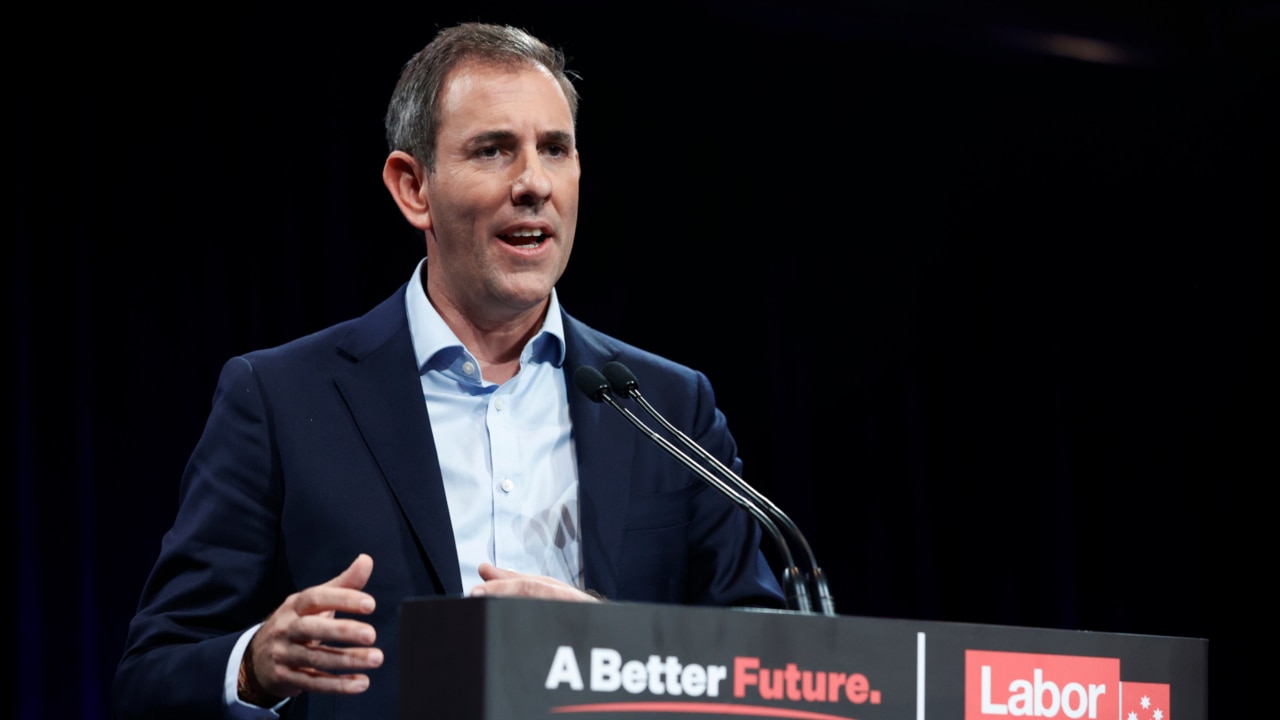
Dr Oliver said the RBA was being sucked into a faster rate rise cycle by its overseas peers, which were facing much more severe inflationary outbreaks.
“The risk is the RBA is seeing all these other central banks being hawkish, and thinking that if we don’t go along with it the Aussie dollar will crash and we will have a financial crisis,” he said.
“The problem is we don’t have the same inflation pressures, which is at 9-10 per cent in Europe and the UK. We have wages growth of 2.6 per cent – in the US it’s around 6 per cent.”
Dr Oliver said the potency of monetary policy was much greater in Australia as most borrowers were on variable mortgages, versus the prevalence of 30-year fixed-rate home loans in the US.
Modelling by investment bank Barrenjoey shows that the economy would already be “skirting with recession” with rates at 2.85 per cent.
Nevertheless, Barrenjoey chief economist Jo Masters still predicted a rise of 0.5 percentage points on Tuesday, followed by a further 0.5 percentage points in rate rises.
Ms Masters said this would send the economy into reverse and see the RBA into cutting rates towards the end of next year.
“This should be sufficient to leave any recession as relatively short and shallow, and perhaps that is what is needed to cement the path back to 2-3 per cent inflation,” Ms Masters said.


